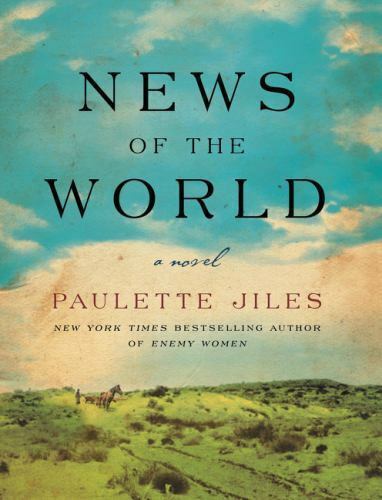
In the space of only two novels, Detective Betty Rhyzyk has already become my favorite fictional cop. In 2017’s THE DIME and the brand-new (Feb 2020) THE BURN, Kathleen Kent has created a hero who perfectly walks the line between toughness and vulnerability, between courage and human weakness.
Rhyzyk is a narcotics detective for the city of Dallas, and she’s had to be stronger, smarter, and more scrupulous than any of the men she works with, just to overcome the sexism of the job. In THE DIME she went through an ordeal so profound that much of THE BURN is devoted to its crippling after-effects. That concern with long-term consequences immediately sets Kent apart from the kind of suspense fiction writers whose protagonists bounce back cheerfully from torture (given or received) and killing, and it’s a good example of the compassion she’s invested in her characters.
I don’t want to talk too much about plot. THE DIME ended with a major plot line unresolved, and so does THE BURN. There are two kilos of missing heroin, Mexican drug cartels, dirty cops, and some sensitively portrayed street people. There’s a mystery and plenty of action.
Having, I hope, whetted your appetite for THE BURN, I’m now going to tell you not to read it. Not, that is, until you read THE DIME first. Kent, who has written excellent historical fiction (including her impressive debut, THE HERETIC’S DAUGHTER), seems to have settled in for the long game here, structuring Rhyzyk’s story as episodes of a single larger epic rather than as self-contained units. Reading the books in order is definitely the way to go.
I applaud Kent’s ambition, her big heart, and her storytelling skills. And I can’t wait for the next installment.

